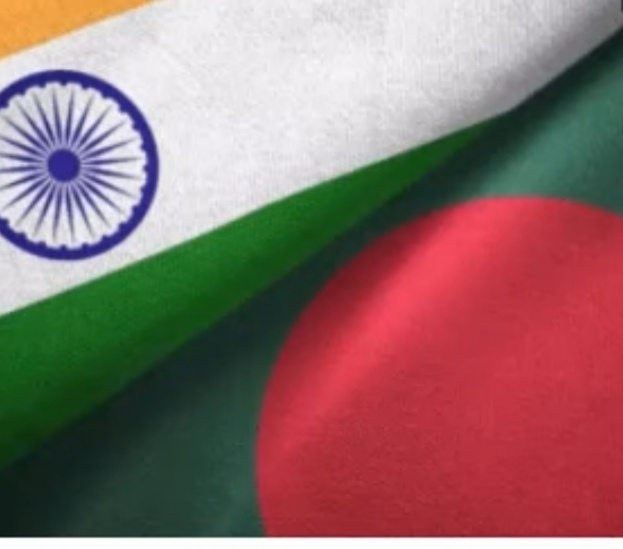- Himanta Biswa Sarma Warns Bangladesh Over ‘Chicken’s Neck’ Corridor
In a bold geopolitical statement, Assam Chief Minister Himanta Biswa Sarma has warned Bangladesh against any attempts to compromise India’s strategic Siliguri Corridor—commonly known as the “Chicken’s Neck.” This narrow strip of land in West Bengal is India’s crucial lifeline, connecting the northeastern states to the rest of the country.
Sarma’s remarks follow a wave of controversial developments emerging from Bangladesh. Notably, a radical group called Saltanat-e-Bangla, allegedly based in Dhaka, has circulated a map promoting a vision of “Greater Bangladesh”—a concept that includes large portions of India’s Northeast.
Tensions further escalated when Bangladesh’s interim Chief Adviser Muhammad Yunus made a provocative statement, referring to the Northeast as “landlocked” and suggesting that Bangladesh acts as its “guardian” by providing ocean access. He also encouraged China to strengthen its presence in the region, stirring concerns in New Delhi.
Reacting strongly, Sarma said, “If Bangladesh attempts to touch our Chicken’s Neck, we have two of their chicken’s necks in return.” He emphasized that any hostile action against India’s Siliguri Corridor would invite a proportionate strategic response.
Sarma also took the opportunity to question past Indian decisions during the 1971 war and the Shimla Agreement, particularly the failure to secure a wider corridor and reclaim Pakistan-occupied Kashmir when the opportunity presented itself.
Highlighting the vulnerability of the Siliguri Corridor, Sarma urged the central government to invest in alternative connectivity options for the Northeast. These include new road and rail corridors and the development of inland waterways to reduce dependence on a single strategic route.
The warning serves as a clear signal amidst rising geopolitical friction in South Asia, especially with China’s expanding influence in the region. For India, ensuring the safety of the Chicken’s Neck is not just a matter of connectivity—but of national security.
The geopolitical tensions between Bangladesh and India seem to be escalating, and the rhetoric from both sides is quite intense. The concept of “Greater Bangladesh” sounds controversial and could destabilize the region further. Muhammad Yunus’s statement about being a “guardian” to the Northeast adds fuel to the fire, especially with the mention of China’s involvement. Sarma’s response is strong, but is it proportionate or just adding to the tension? It’s interesting how he criticizes past Indian decisions, but does he have a clear strategy moving forward? The emphasis on alternative connectivity options for the Northeast is crucial, but is the government acting fast enough? And with China’s growing influence, how does India plan to safeguard its national security without escalating conflicts further? What’s your take on this delicate balance?
The situation in South Asia seems to be heating up, and the tensions between Bangladesh and India are particularly concerning. The idea of a “Greater Bangladesh” and the involvement of external powers like China adds another layer of complexity. Sarma’s strong response highlights the seriousness of the issue, especially regarding the Siliguri Corridor. It’s interesting how historical decisions, like those during the 1971 war, continue to shape current geopolitics. The call for alternative connectivity options for the Northeast is crucial, but will it be enough to counterbalance the growing influence of China in the region? What do you think about the potential long-term implications of these developments for regional stability? It’s a delicate balance, and the stakes are incredibly high.